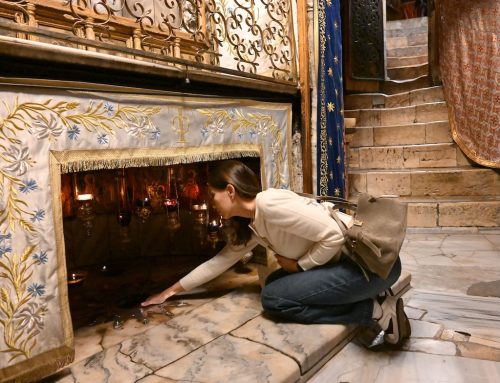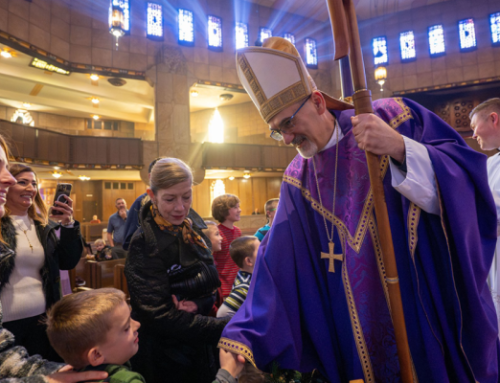Ekklesia
The British Methodist Church have said that they are determined to meet “massive challenges” after pledging themselves to a series of carbon reduction commitments at their annual Conference yesterday (29 June).
The Conference, meeting in Portsmouth, confirmed a pledge to reduce the Church’s carbon emissions by 80 per cent by 2050. This is in line with government targets.
The Methodist Church in Britain admits to a carbon footprint of around 120,000 tonnes of CO2 per annum for approximately 8,000 of its buildings. The annual energy bill to the Church and individual ministers is about £19 million a year.
The church also seeks to profit through investing in oil and mining companies.
The Church said in a statement issued after the decision that cutting the carbon footprint has the potential to free up money that can be used for mission. However it has said it has no plans to switch its investments away from companies which campaigners point out are fuelling climate change.
From now on, Methodist regional organisations – known as circuits – will be asked to provide smart meter devices to enable ministers to control their electricity use. Circuits will also be encouraged to fund government-sponsored smart driver training for presbyters, deacons and lay employees when considered appropriate.
The Church also plans to launch a carbon reduction service, which will save money through bulk energy purchases. The money saved can then be used to fund further energy reduction purchases, leaving churches with a smaller carbon footprint and lower energy bills.
“The proposals agreed today are only the first step for the Methodist Church,” insisted Projects Officer Triumph Ayo-Isegun, “It will be a long journey with massive challenges but we are very optimistic that the Methodist people will rise to these”.
The Conference also directed Circuits to endeavour to use model trust money to put high standards of energy efficiency in place. Methodist Standing Orders will be amended so that energy performance and energy efficiency requirements become mandatory for Church buildings and manses.
All local Methodist churches will be asked to sign up to the pledges of Hope in God’s Future, the report adopted by the Conference.





